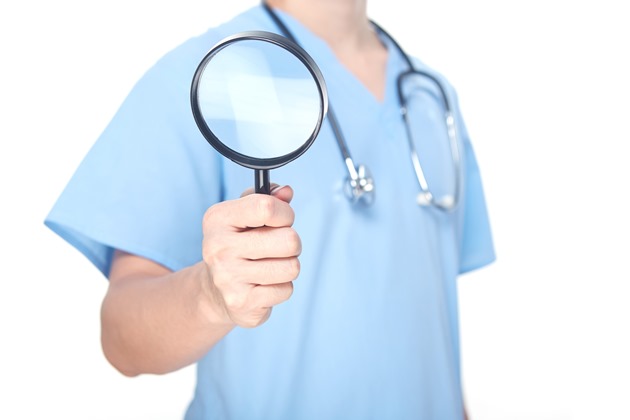
Health and wellness May 29, 2018 By
Article by BlueCross BlueShield of Oklahoma, a First United Bank Partner
Your wallet is missing. Your purse is lost. After the panic and frantic searching, you’ve faced the fact that it’s really gone. Your first thought may be about your bank or credit card accounts. But protecting your health plan account is equally vital.
Safeguarding Your Medical Identity Is Key
Once thieves have your private data, they can clear your bank account, run up your credit card bills and use your health plan to get treatment. If the thief's health information is mixed with yours, it may affect your treatment, insurance and payment records, and credit report.
It’s important to call your health plan if someone steals your card. But even if your card isn’t stolen, it’s important to watch your plan information.
You should call your health plan right away if you notice any of these signs:
- You receive a doctor’s bill for care you didn’t receive.
- Your plan rejects your medical claim because records show you’ve reached your benefits limit.
- Your plan won’t cover you because your records show a health problem you don’t have.
If you see these signs, you could be the victim of medical identity theft. According to the Medical Identity Fraud Alliance, over 1.8 million Americans were victims in 2013, up 19 percent from 2012. In 2014, there were almost 500,000 more victims than in 2013.
There are many ways for thieves to gain access to your information. A worker at a health care office could sell your data. Or a friend or family member may use your information, the alliance said. The group offers safety tips for consumers.
If you get explanation of benefits (EOB) statements, it’s important to look them over carefully. If you notice something unusual on your statement, call the number provided on the EOB.
You should also treat medical bills, prescription drug labels and health plan records as you would treat other important information. Store them in a safe place and shred anything you throw away.
Today, more and more private health information makes its way on to the internet. So remember to safeguard your date of birth, Social Security number and other data. Share your private medical information only with your health care providers.
Stay Safe
Identity thieves use many tricks to obtain your medical and health insurance information. Try these strategies for keeping your info safe:
- Be careful online. Look for the lock icon on your internet browser’s status bar.
- Guard your member ID card and member ID number. Don’t give it to anyone who offers a free health test or product.
- You should only share information by phone or email with someone if you contacted them first. If you’re reached by phone, return the call to make sure the person works for your health plan or doctor’s office. If you receive an email, call the office.
- Keep all your records in a safe place.
Get our fighting fraud checklist for more tips on staying safe from medical identity fraud.
If you suspect fraud, don’t hesitate to call the Blue Cross and Blue Shield of Oklahoma fraud hotline at 800-543-0867.Find out more about fraud prevention and reporting on our website. If you see signs of medical identity theft, you can also visit the FTC’s tracking site, IdentityTheft.gov, to report it.
This article was re-posted with permission from BlueCross BlueShield of Oklahoma. Source: Take Steps to Protect Your Health Information from Identity Theft
Additional sources:
- Understanding Mobile Apps,
Federal Trade Commission, 2017; - Fraud Prevention Toolkit,
Centers for Medicare and Medicaid Services, 2017; - Fifth Annual Study on Medical Identity Theft,
Medical Identity Fraud Alliance, 2015; - Warning Signs of Identity Theft,
Federal Trade Commission, 2015




